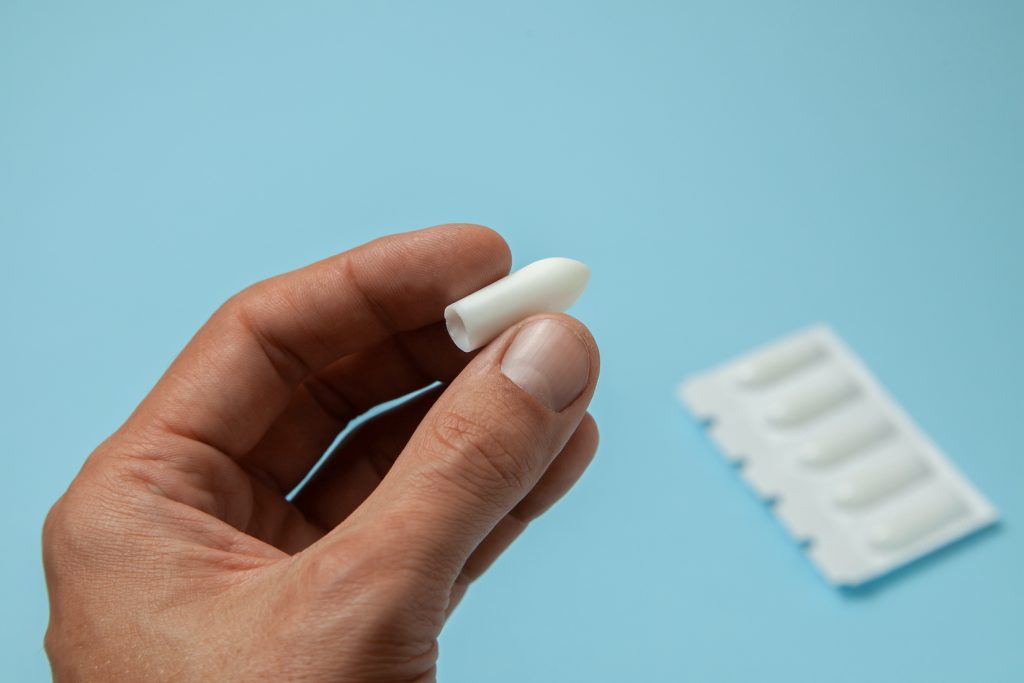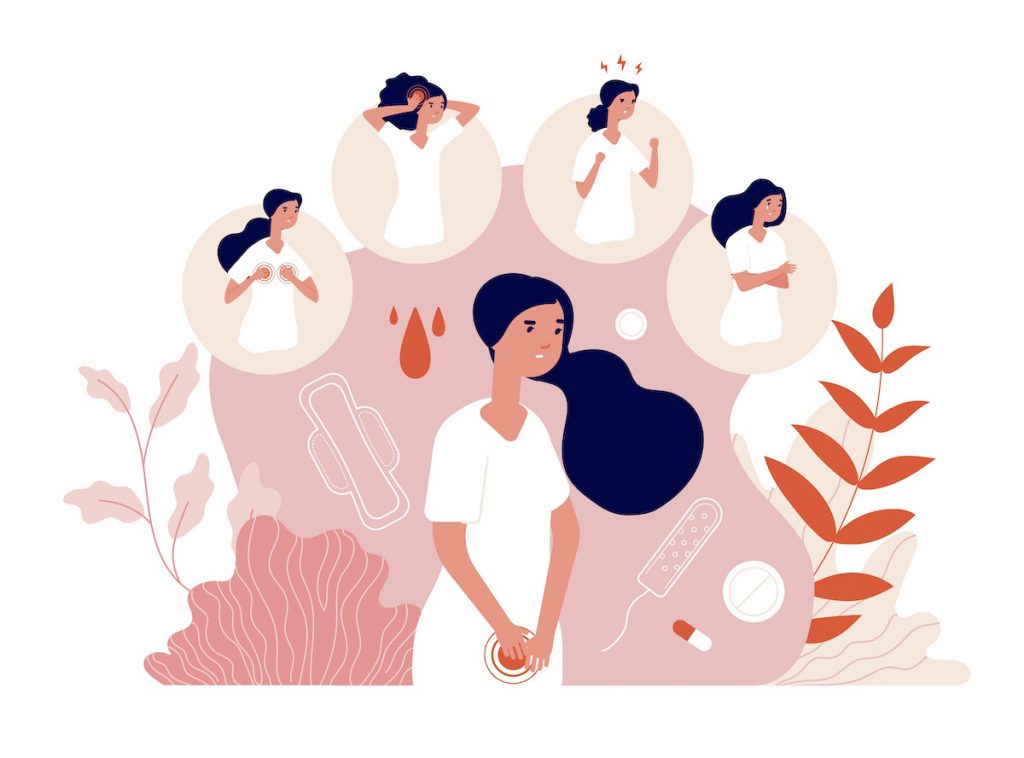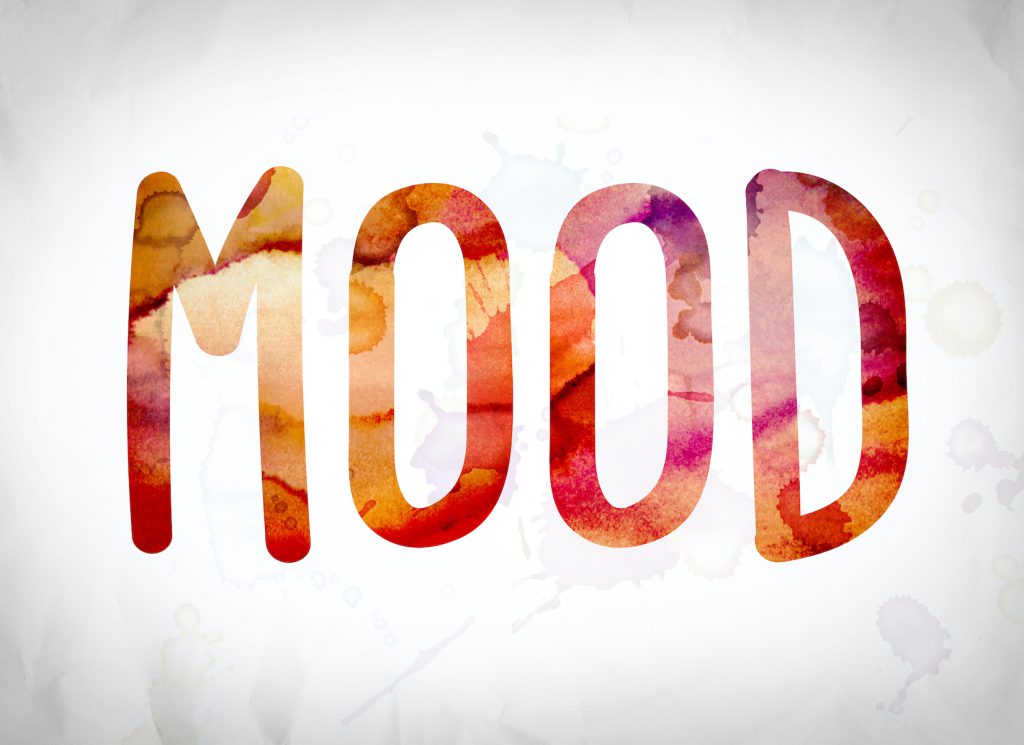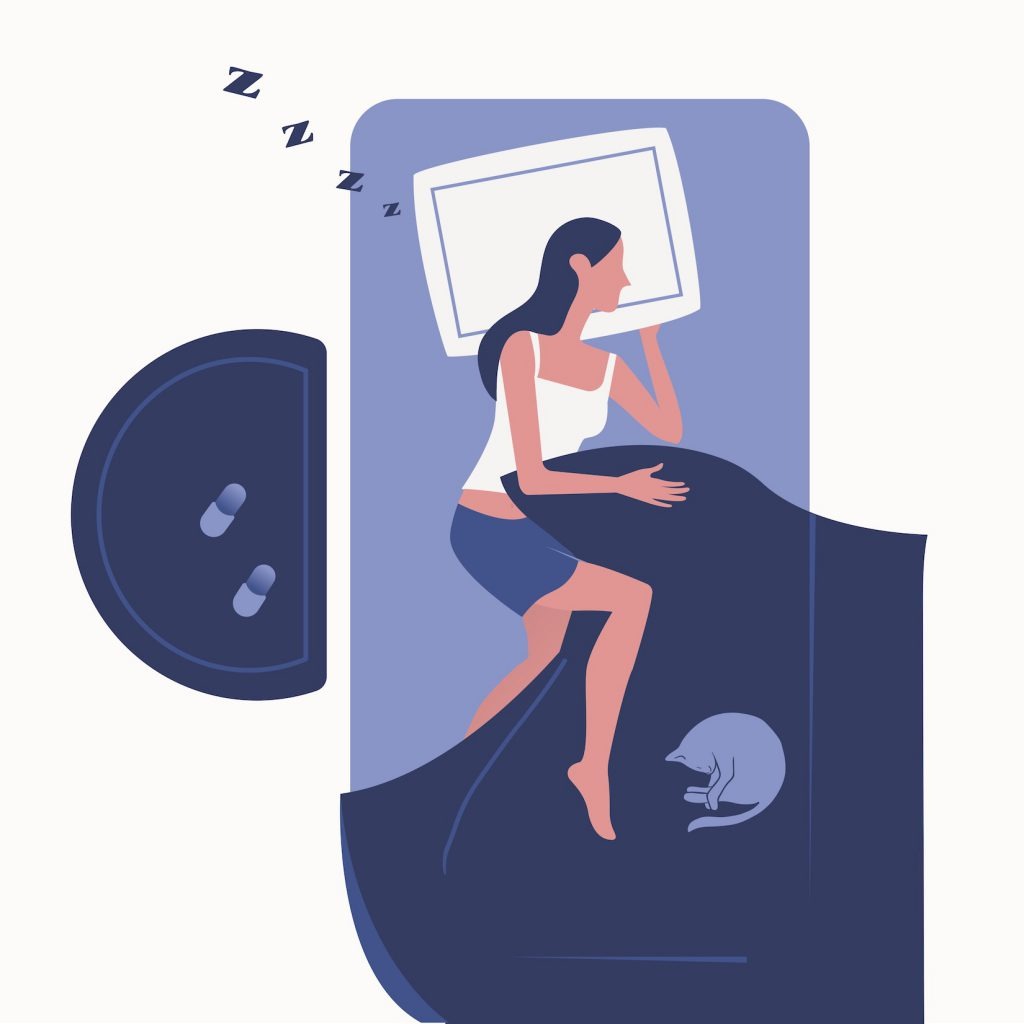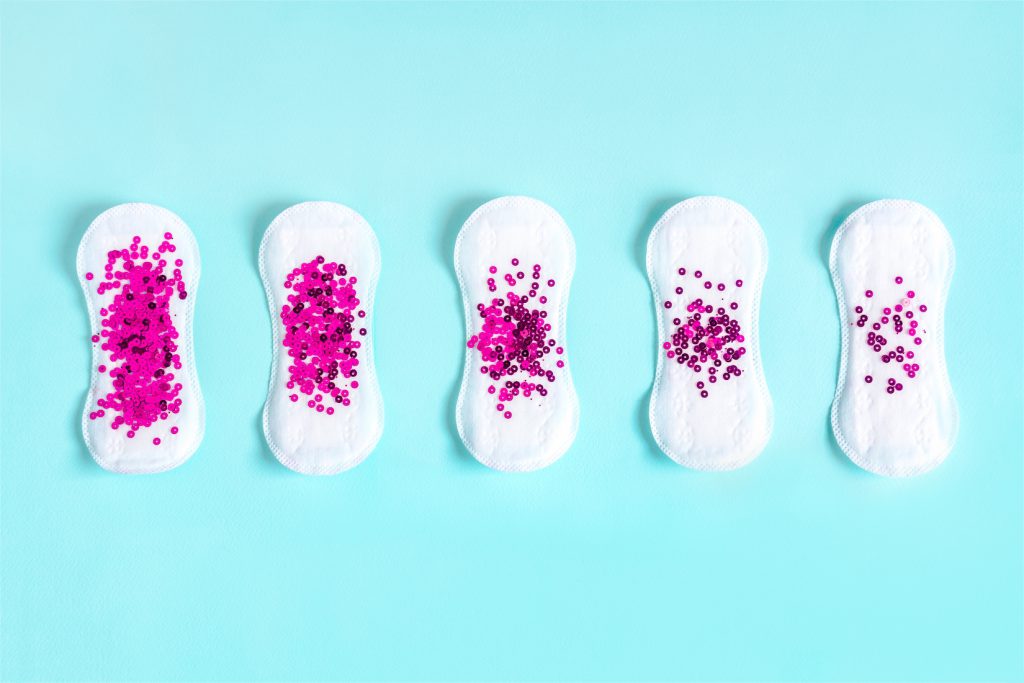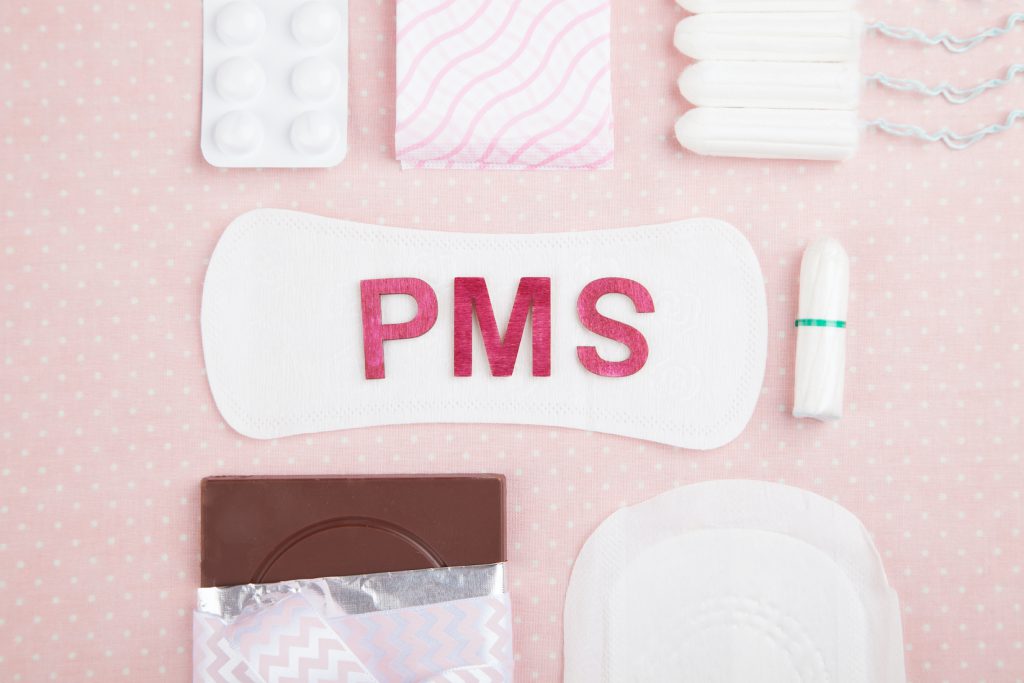Why African Woman are more likely to have Bacterial Vaginosis than European Woman
In sub-Saharan Africa, there is a high incidence of bacterial vaginosis. Bacterial vaginosis is related to an increased risk of HIV transmission, as well as an increased risk of acquiring other sexually transmitted infections, preterm births, and pelvic inflammatory disease. Recent Study Released by Fettweis et al, 2014 showed that women of European lineage are […]
Why African Woman are more likely to have Bacterial Vaginosis than European Woman Read More »


